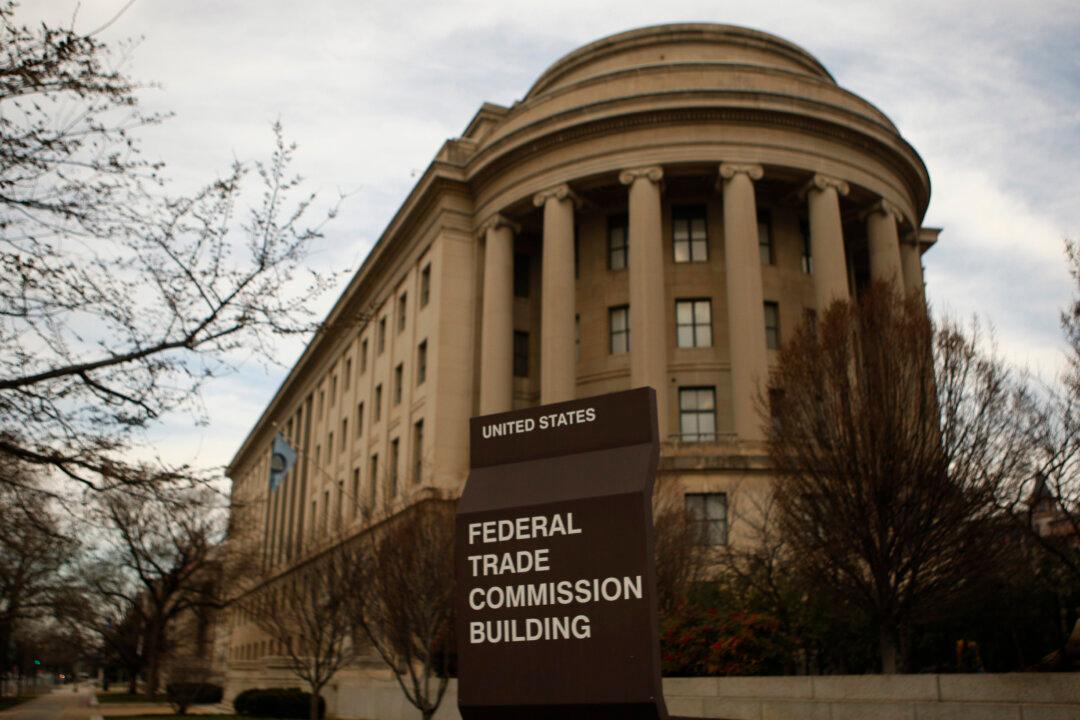The U.S. Federal Trade Commission (FTC) on Feb. 15 proposed modifying a rule that currently bans the impersonation of government and businesses also to include a ban on the impersonation of individuals.
The FTC said it had finalized the rule allowing the commission to file federal court cases to force scammers to return the money they made from impersonating government and businesses.





